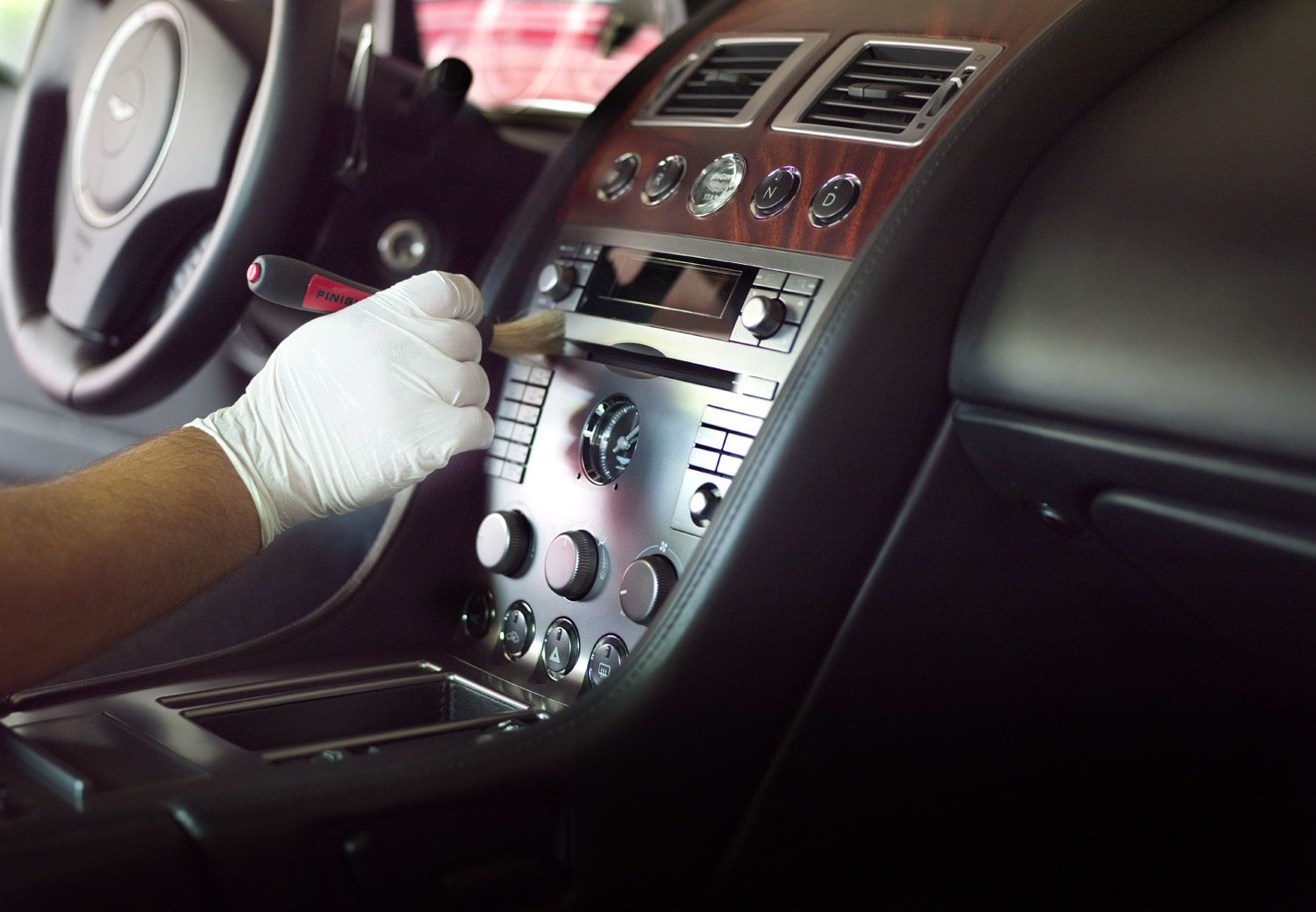How to Protect Your Car Engine from Heat Damage in Summer
Summer can be tough on your car engine. With rising temperatures, the risk of engine overheating and subsequent damage increases significantly. To keep your vehicle running smoothly and avoid costly repairs, it’s essential to take proactive steps to protect your car engine from heat damage. Here’s a comprehensive guide to help you keep your engine cool and efficient during the hottest months of the year.
- Regularly Check and Maintain Engine Coolant
Importance of Coolant
Coolant, also known as antifreeze, plays a crucial role in regulating your engine’s temperature. It prevents the engine from overheating by dissipating heat away from it.
Steps to Check Coolant
Inspect Coolant Level: Ensure the coolant level is between the minimum and maximum marks on the reservoir.
Top Up if Necessary: If the coolant is low, add a 50/50 mixture of coolant and distilled water.
Check for Leaks: Look for any signs of coolant leaks under your car or around the engine bay.
- Keep the Radiator Clean
Why a Clean Radiator Matters
A clean radiator ensures efficient cooling. Dirt, debris, and bugs can clog the radiator, reducing its ability to cool the engine.
Cleaning the Radiator
External Cleaning: Use a hose to gently wash away any debris from the radiator’s surface. Be careful not to bend the fins.
Internal Flushing: Perform a radiator flush according to your vehicle’s maintenance schedule to remove any built-up sediment inside the radiator.
- Check the Thermostat
Role of the Thermostat
The thermostat regulates the flow of coolant to the engine. A faulty thermostat can cause the engine to overheat.
Thermostat Maintenance
Testing the Thermostat: If you suspect a problem, have a mechanic test the thermostat’s functionality.
Replacement: If the thermostat is faulty, replace it immediately to ensure proper cooling.
- Monitor the Engine Temperature Gauge
Understanding the Gauge
The engine temperature gauge on your dashboard indicates how hot your engine is running. Keep an eye on it, especially during hot weather or long drives.
Responding to High Temperatures
Pull Over: If the gauge moves into the red zone, pull over safely and turn off the engine.
Allow Cooling: Let the engine cool before checking the coolant level. Opening the radiator cap while the engine is hot can be dangerous.
Seek Professional Help: If the engine continues to overheat, call for roadside assistance or a tow to a nearby mechanic.
- Maintain the Cooling System
Regular Inspections
Have a professional inspect your cooling system regularly. This includes the radiator, hoses, water pump, and fans.
Hose and Belt Checks
Look for Cracks: Check the condition of all hoses and belts. Cracks, leaks, or wear can lead to cooling system failure.
Replace as Needed: Replace any damaged or worn hoses and belts promptly.
- Park in the Shade
Benefits of Shaded Parking
Parking your car in the shade reduces the overall temperature under the hood. This simple step can help prevent your engine from getting excessively hot.
Use Sunshades
Windshield Sunshade: Use a windshield sunshade to keep the interior and dashboard cool.
Window Tints: Consider window tints to reduce heat buildup inside the car.
- Reduce Engine Load
Minimizing Strain
Heavy loads and towing can increase engine temperature. Try to reduce unnecessary weight in your car during summer.
Smart Driving Practices
Avoid High Speeds: Driving at high speeds for prolonged periods can overheat the engine.
Smooth Driving: Accelerate and brake smoothly to avoid putting extra strain on the engine.
- Use the Right Oil
Summer-Grade Oil
Using the correct grade of motor oil for summer can help keep your engine cool. Check your owner’s manual for the recommended oil viscosity for hot weather.
Regular Oil Changes
Oil Condition: Ensure the oil is clean and at the right level. Dirty or low oil can cause overheating.
Scheduled Changes: Follow the manufacturer’s recommendations for oil change intervals.
Conclusion
Protecting your car engine from heat damage during the summer requires regular maintenance and smart driving habits. By keeping an eye on your coolant levels, maintaining a clean radiator, checking the thermostat, and following the other tips outlined above, you can ensure your engine stays cool and runs efficiently all summer long. Remember, prevention is always better than cure, and a little effort now can save you from major headaches and expenses down the road. Stay cool and drive safely!



